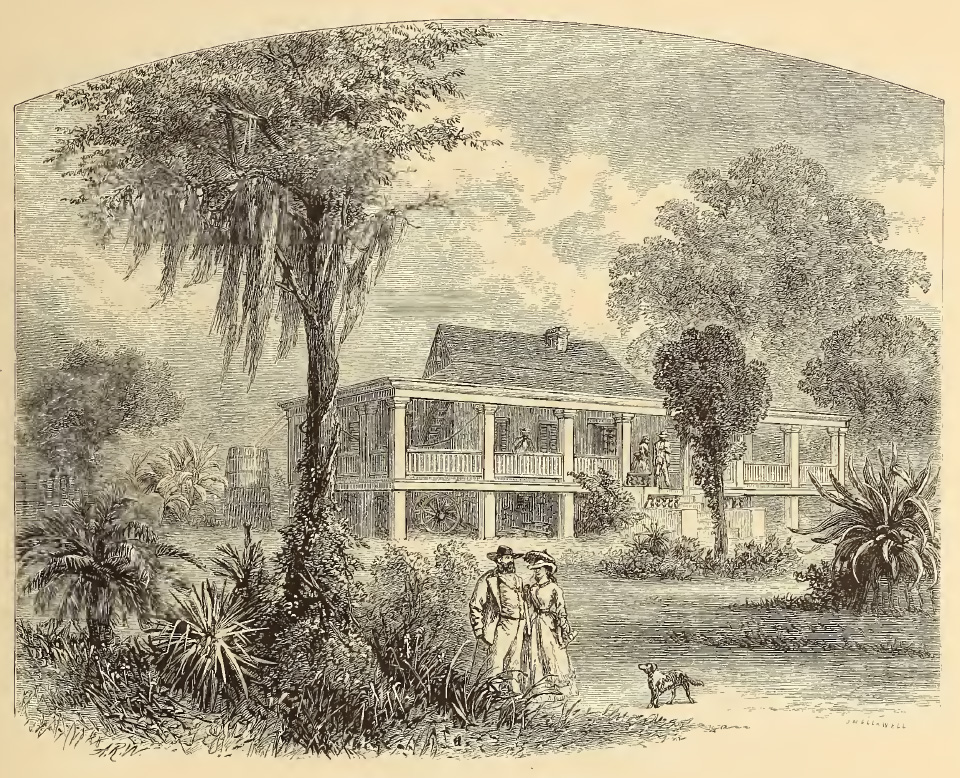From Kate Chopin: Complete Novels & Stories

Kate Chopin initially gained prominence in the early 1890s for her pleasant sketches of local color — her Creole stories — but her later work dealt with more mature themes. She often featured young female protagonists trapped in traditional domestic settings, released by newfound independence, torn by emotional awakenings, or tempted by the stirrings of “guilty love” — to use the euphemism coined by William Dean Howells.
As Chopin expanded the boundaries of her fiction, she met the resistance of editors like Howells, who rhetorically asked (referring to Madame Bovary and Anna Karenina), “what editor of what American magazine would print such a story?” According to biographer Emily Toth, while Chopin’s more daring stories were rejected by such magazines as The Atlantic and Harper’s, many were gladly published by the society magazine Vogue, which “became her vehicle for escaping the ‘charming’ label attached to her work” and which permitted her “to experiment with a more radical realism.” As the decade progressed, Vogue “deliberately set itself against the censorious” and showcased Chopin’s stories.
“Vogue’s openness delighted Kate Chopin, but it may also have betrayed her,” writes Toth in Unveiling Kate Chopin. When Chopin published her masterpiece, The Awakening (1899), she seemed unprepared for the hostility of the critical reaction. “Because it was eager to publish her raciest stories,” Toth contends, the popularity of Chopin’s Vogue stories “may have deluded her into believing that American reviewers — whose failings and shortcomings she knew very well — would somehow be ready for a novel about youthful illusions, excessive devotion, guilty love, and much more. Vogue, unwittingly, may have deceived her into thinking that The Awakening would be welcome.”
One of Chopin’s better-known Vogue stories, “A Respectable Woman,” describes a Louisiana woman who is both attracted to her husband’s friend and troubled by that attraction. We present it, along with an introduction examining the story’s debt to Walt Whitman, as our Story of the Week selection.



